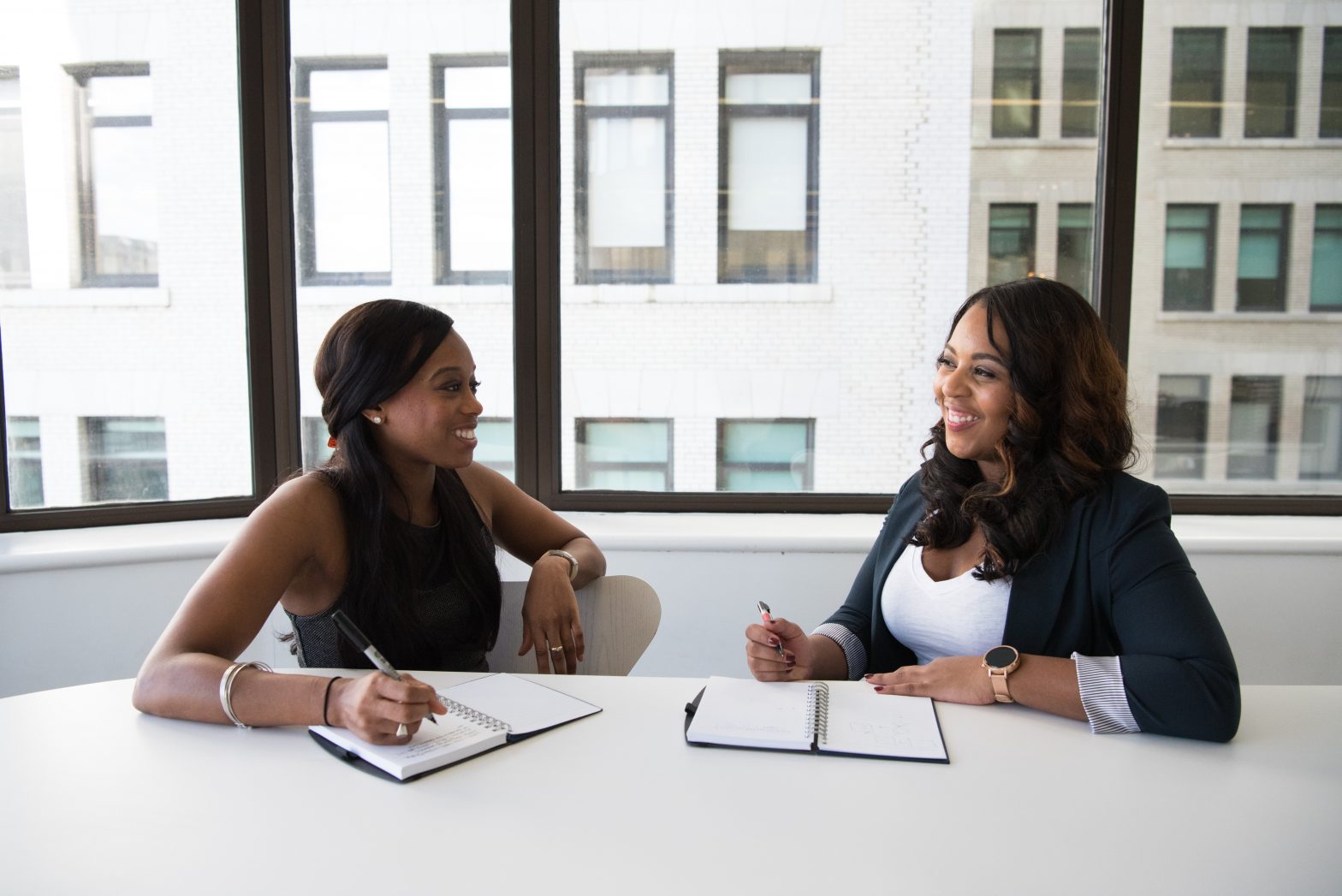You’ve just spent the last couple of hours talking about your resume, discussing your cover letter, and answering just about every question an employer could possibly think of asking. Now that your job interview seems like it’s over, what are the next steps you should be taking?
You should always ask questions at the end of an interview.
Ending an interview can be somewhat of an awkward experience, but it doesn’t always have to be. You’ve done the majority of the work in your preparation, now all you need to do is drive it home.
Once you answer those final couple of questions the employer asks, make sure to take the opportunity to ask one or two of your own. Avoid questions about salary and vacation time, but try to craft questions that have to do with the company.
Any concerns you may have working with a certain side of the company, how they would handle a certain situation, or really anything regarding the company in general are all reasonable categories to ask a question from.
Making it personal to the company shows the employer that you’ve looked into them and want to know more. Do not turn down the opportunity to ask a question. Employers want you to ask one and not doing so can cause the interview to take a nosedive!
How to end an interview the right way.
Once you have asked your last question, smile and shake their hand. Make sure to say something along the lines of “It was nice to meet you” or “I look forward to hearing from you.” It doesn’t have to be so formal, but this can range depending on the job opportunity you are going for.
You want the interview to be conversational, so try to end it on a conversational note. Don’t just say “See you later!” but keep it as casual (or as formal) as you feel the interview went. Take these few moments to make one more impression on the interviewer.
After the interview.
Now that you have left the interview, start thinking about your thank you card. Yes, a thank you card, like the ones your mom always made you write for your birthday gifts when you were ten. These will vary depending on the job opportunity and company you interviewed at.
For example, if the employer is a part of a technology company, or you have dealt with them mostly through email, an electronic thank you note will do. However, a handwritten thank you note is better and it shows your level of interest in the company.
You should also try to aim to mail them within 24 hours, so that the employer gets them as soon as possible. Emailing them within this time frame works as well, though you should not send them anything too soon. Employers can tell that a thank you note emailed minutes after the interview ends isn’t genuine.
At this point, all you can do is wait. This is the hardest part of the post-interview process.
Take the time between the interview and their decision to look into other opportunities, or do other things. If you spend your time waiting around for one opportunity, you might miss all of the others that are around the corner.
